Behind the music – an interview with John Hagstrom
Travel Notes

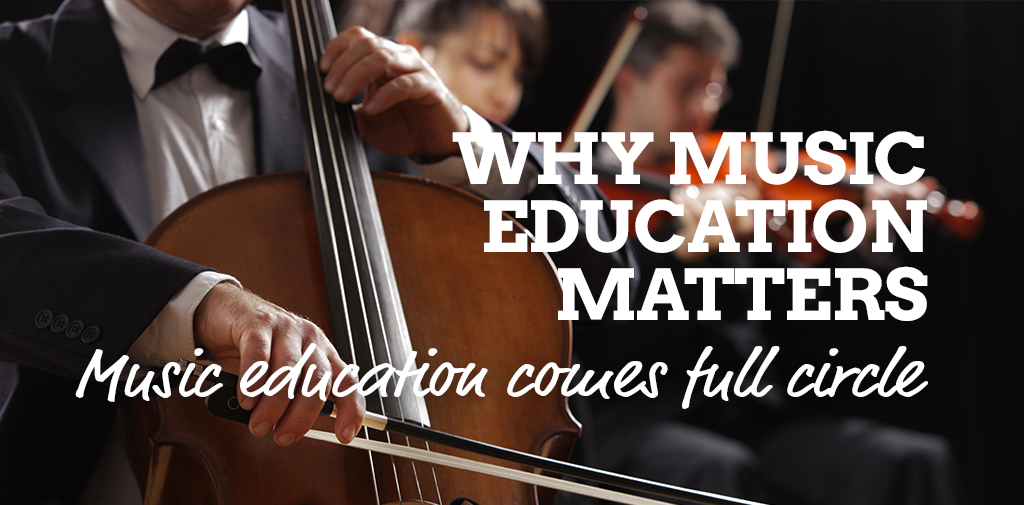
In today’s post, we have the privilege of speaking with John Hagstrom, a member of the trumpet section of the Chicago Symphony Orchestra (CSO). John’s passion for music education has deep roots, planted during his initial exposure to orchestra in elementary school in the suburbs of Chicago. That introduction and the encouragement that followed ultimately changed the course of his life and career.
What drew you to music in your youth?
I grew up locally in Elmhurst, which had (and still has) strong public school music education. General music education classes were part of every student’s education from kindergarten through the eighth grade. Beginning in the fourth grade, every student was offered an opportunity to play a band or orchestra instrument. I chose the cornet because I had been so impressed by hearing Doc Severinsen play exciting trumpet solos on The Tonight Show. On the first day of trying to make a sound, I realized that I sounded absolutely nothing like Doc Severinsen, and that this was going to be much harder than I imagined! Even so, I really enjoyed playing in the fourth grade band, and I noticed that when everyone played at the same time it sounded much better than any one player by himself or herself. I came to a CSO concert for the first time about a year later when I was ten years old. The concert featured Adolph Herseth (CSO principal trumpet 1948-2001) performing the trumpet concerto by Johann Hummel.
Is there a specific music educator or experience that inspired you to pursue music professionally?
There were many people who encouraged me as a young person, and one of them was William Scarlett, who was a CSO trumpeter from 1964 until 1997. He gave me trumpet lessons during my last year of high school and helped me to prepare for college auditions. Most of all, he assured me (and my worried parents) that although there are many players aspiring, within professional groups “there will always be room for a good player”. His support did not encourage an attitude of entitlement, but instead helped me to focus on achievement and a tireless work ethic. I am honored to have replaced him as second trumpet in the CSO after his retirement in 1997.
What do you see as the most exciting/fulfilling aspect of the music education the CSO offers?
Every CSO concert proves the beauty and energy [that is] possible when people work together to produce unified expression. This requires very thoughtful humility, since there are many differing ways of expressing emotion within the same piece of music. No matter what each musician’s preference may be for how the music should be played, CSO musicians defer to one another and to the Music Director. The CSO educates by example that the whole is greater than the sum of the parts when strong personalities can work together productively. It is very fulfilling to be part of that and feel the powerful connection our music has for listeners as a result.
How do you think music education affects students – even those that don’t continue in the field?
Every student who seriously practices an instrument over several years learns that quality takes time. It is frustrating at first to realize that the pathway of aspiration will not be easy, but there is a deeper honesty that emerges. Students learn the true cost of achievement, and with that discernment comes the ability to allocate tenacity toward other difficult challenges. It is no surprise that many very successful professionals have musical study in their early background. Solving problems on one’s own and working with others deferentially is a catalyst for excellence; and there is no better way to learn those skills than by practicing a musical instrument and performing with other musicians!
How do you think performance travel impacts students?
When a musical ensemble performs away from home, every player must find a way to uphold their level of contribution to the group, despite the stresses of being in unfamiliar territory. That “territory” might be a concert time that feels like the middle of the night if the group has travelled to a distant time zone. Players learn that they can overcome unexpected challenges and as they see others do the same, a certain confidence is built. Performing in different states and countries teaches young musicians about the connective power music has for audiences everywhere.
Do you have a meaningful memory from performing abroad?
It is hard to forget CSO performances at “The Proms” in London. It is an annual concert festival that takes place at Royal Albert Hall. The audiences are like none other in the world in their enthusiasm. I had seen broadcasts of CSO concerts there on television, but actually being there was even more overwhelming. If you have ever been to a loud basketball game when the score is close, that’s about the energy level of the audience!
Where have you always wanted to go, but haven’t visited yet?
The 1893 World’s Fair in Chicago. Though I probably won’t get there…..
What’s the last stamp in your passport?
Frankfurt, Germany—the last city on the CSO’s most recent foreign tour.
Our BRT team is thankful for our 20 year partnership with the CSO and we greatly appreciate John for his time and continued support of music education. To learn more about John, his background and his role at the CSO, visit his profile on the CSO’s website.
Newsletter: Get helpful tips and performance group travel news:
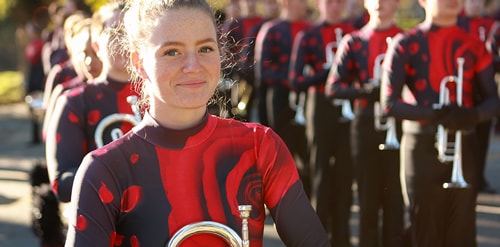
Performance
Group Travel
Performance group travel has been the heart of our business since 1981.

International
Group Travel
Learn about the eye-opening experiences that international travel offers.
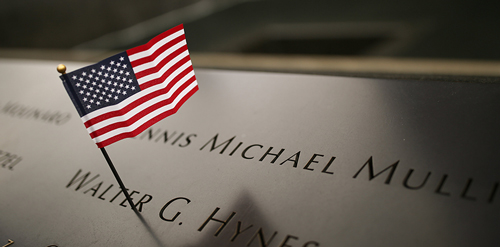
Educational
Group Travel
Student group travel brings learning to life.

Group Travel
Destinations
Discover some of our most popular student-friendly destinations.
Parades & Events:
The art of performance travel perfected.
Parents & Students:
Build friendships. Explore new places. Make memories.
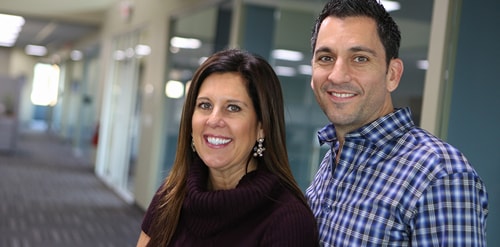
About Us
We craft travel experiences that allow you to share the world with your students.

Our Company
Learn more about our history, our values and our commitment to serving your needs.
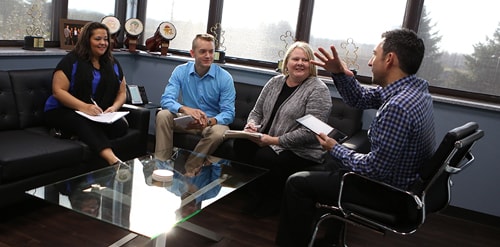
Our Team
Good people and great relationships are the keys to perfect travel experiences.

Technology
Our tools make traveling with a group easier, safer and more efficient.


